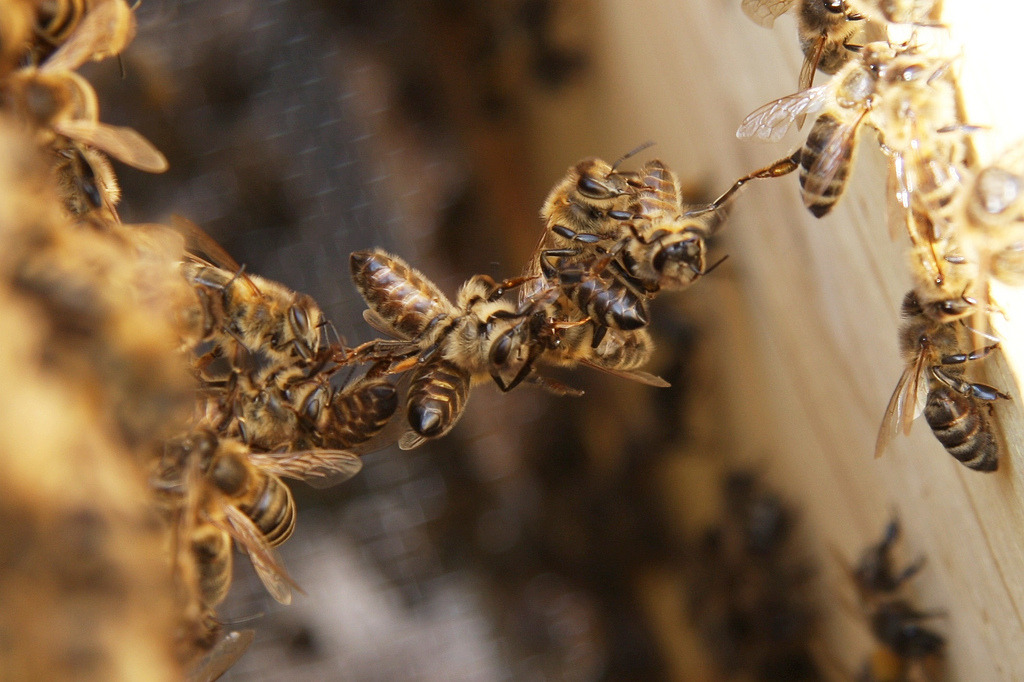The essay I wrote that was published 2 months ago turned into something dense and serious in tone, and since writing it, I find myself wanting to go back, zooming in to certain parts, expanding and magnifying them. The first part that comes to mind is two words: “turning toward.” If I had to distill the whole essay into just two words, those would likely be them.
What they mean to me is a compacted version of a shift in how we relate: from avoiding to embracing. We can do this on so many levels – with parts of ourselves, other people, whole peoples, and probably life itself.
Today I rather serendipitously attended two very different events but both ended up being about this turning toward-ness, so I figured I should write about it.
If one of the core pieces of our work moving forward is repairing relationships, turning toward is one of the first steps. Where we avoid, disconnect, numb, separate, ignore – parts of ourselves, other people, etc. – we could instead welcome in, befriend, turn toward, cultivate curiosity for.
The first event I attended today was called Clearing Creative Blocks facilitated by Veronica Amarelle. She led about 300 of us through a guided meditation to turn toward whatever creative block we’re facing at the moment. What came up for me in the session was the idea of “trying to write the right thing” as getting in the way of my flow. Overthinking, tending toward perfectionism patterns, efforting in ways that don’t serve the work like trying to write as if I am an authority – these things have been actively getting in the way of my progress and process lately. However, sitting with this block while being guided through a meditation, I was invited to ask the block about what it wants for me. What I came up with was remembering to tap into a big and deep knowing. That it’s not so much about me “getting it right,” but more about connecting to something much bigger than myself – maybe something like a muse or collective consciousness or something else we don’t have a good word for yet.

We were invited to turn what we learned from the experience into an affirmation. In the session I also shifted my relationship to affirmations, which I came to understand as a potential for visualizing and remembering when I’ve felt this way in the past. Rather than imagining a scenario in the future where I feel the affirmation to be true, I can look into my past for examples where it already has been true. When have I felt tapped into a deeper knowing? Most of the examples were when I was with loved ones in vast natural spaces.
The second event was part of the Buddhism and Ecology Summit, an Zoom event called The Alchemy of Despair facilitated by Willa Blythe Baker. She offered a guided meditation where we were invited to bring whatever feelings we were having into the session, rather than trying to leave them at the door (which might be how we normally treat feelings in a meditation session). In the chat after, she shared how, by moving toward despair, particularly in relationship to climate change, we can understand it as a “symptom of our tenderness:” our ability to care about what’s happening in the world. Despair is a symptom of our compassion, our care, our love.
Feelings, like despair and others, she said are “only incapacitating if we stay stuck in them. If, instead, we metabolize them and love them, they transform themselves into our allies.”
Willa Blythe Baker
The practice of turning toward emotions we perceive as difficult or as blocks is the practice of self-compassion. The more we learn and practice not to reject, learning to open to, the more receptive and flexible we can be when difficult situations arise.
From this turning point in human history, I spend a lot of time wondering about what we can do to support our flexibility, our collective capacities to flow with what comes next, and to grieve what we’re leaving behind. Avoiding, ignoring, polarizing, separating do not seem to be energies that support that. On the other hand, turning toward, cultivating curiosity, and compassion do seem to be integral (and foundational) to supporting ourselves in this next phase.
A few practices of turning toward that you might find helpful – where to start:
- Willa Blythe Baker’s content on Insight Timer (a phone app, but you can listen at the link, too)
- Yumi Sakugawa creates a lot of content on these practices, including amazing interactive webinars, books like this one and this one, and her instagram feed
- Yoga nidra (or body scans) can be a way to notice and accept physical sensations
- Deeper practices are called by various names: shadow work, parts work and/or internal family systems, chöd, and having tea with your demons.




